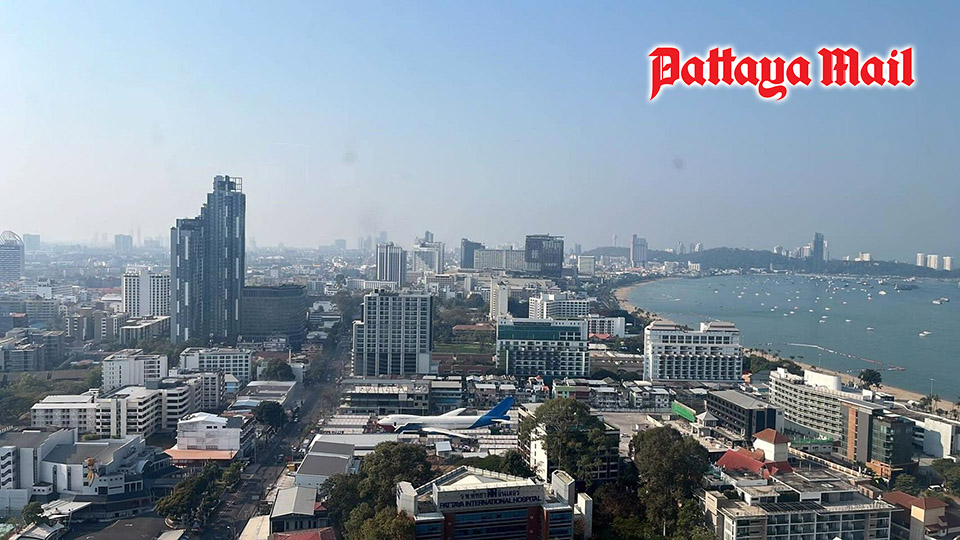
PATTAYA, Thailand – The real estate markets in Pattaya and Jomtien, once popular among both local and foreign investors, are facing increased uncertainties due to fluctuating government policies and the broader effects of the ongoing US-China trade war. These factors are impacting investor confidence, particularly among foreign buyers who once flocked to these areas for their vibrant tourism sectors and potential returns on property investments.
The Thai government’s shifting policies, such as changes in foreign ownership laws and inconsistent regulations on property development, have made some investors wary. These uncertainties, combined with broader economic challenges stemming from global trade tensions, have added to the hesitation among potential property buyers. The US trade war with China has disrupted global trade, leading to slower growth in some sectors, which affects the overall economic landscape and the demand for real estate in tourist-heavy regions like Pattaya and Jomtien.
Furthermore, the economic slowdown driven by trade disputes can influence demand for luxury and vacation properties, which are key to Pattaya and Jomtien’s real estate sector. A reduction in disposable income or a decline in international travel can lower the demand for second homes, rental properties, or hotels in these tourist-heavy locations.
With the increasing number of high-rise condominiums and luxury developments in Pattaya and Jomtien, there is a growing concern about potential oversupply. If foreign demand weakens due to the trade war or shifts in government policy, this could lead to a situation where supply outstrips demand, causing property prices to fall or rental yields to decrease.
However, despite these challenges, Pattaya and Jomtien are not necessarily losing their charm. The cities remain attractive to long-term investors, especially those seeking vacation homes or rental properties due to their well-established tourist appeal. The areas continue to attract a steady stream of visitors, and there is potential for growth as the Thai government invests in infrastructure projects like the Eastern Economic Corridor (EEC), which could eventually boost local economies and property values.
For foreign investors, these risks need to be weighed carefully. While short-term volatility may cause some to rethink their investments, for those looking at the long-term potential, Pattaya and Jomtien still hold value. The question isn’t whether they have lost their charm, but rather whether they are still worth owning in the face of evolving risks. Investors with a long-term outlook and an understanding of the local market dynamics may still find opportunities that offer growth and stability in the future.










